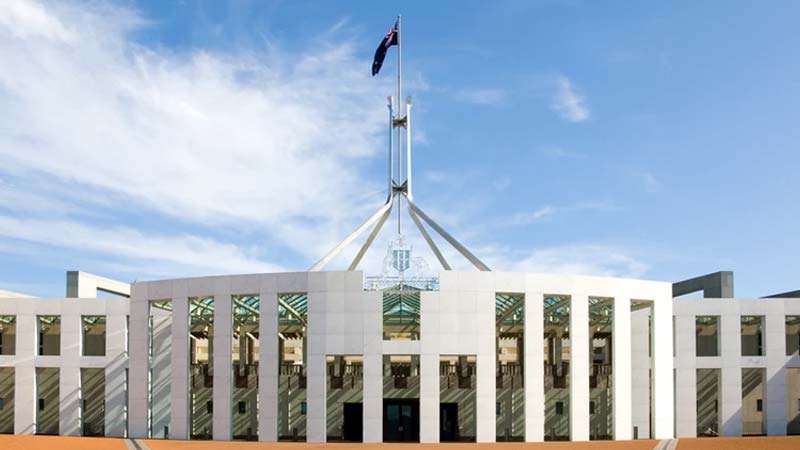The new temporary rules that will allow SOME people the ability to withdraw $20k from their super fund over the next few months sounds like a good idea in the current climate, right?
(I’ll ignore the point that taking out $20k now is actually likely to reduce the sum available for a 30 year old by $50k at retirement.)
What it has done however, is to highlight one of the significant risks of some industry funds that has been downplayed in the past – liquidity risk.
Remember that a super fund isn’t an investment asset itself. It is just the (tax free or tax friendly) basket to hold investments. Each investment selected has pros and cons. Returns, expected income, risk, volatility and LIQUIDITY.
Liquidity is being able to sell something quickly for its value when required. If you own shares, managed funds or property trusts, these are generally valued each day and can be sold easily at the current price with the press of a button = highly liquid.
Your house isn’t valued daily on the stock exchange. You don’t really know its value until it is sold. This can take months or sometimes years = not liquid.
And what has this got to do with some industry funds? Plenty. Many of them have a very high allocation to ‘unlisted assets’. These might include direct property, infrastructure, private equity, etc. According to its own website, Hostplus has 38% of its funds in unlisted assets. These are hard to value and you can’t easily and quickly just sell a pipeline or a toll road.
So why is this a problem?
Since the Hostplus fund is for retail workers and hospitality, it’s a fair bet that a high number of fund members would have lost their jobs. Many will be casual. The average balance in Hostplus is $37k and many will be ‘unengaged’ with their investment. Now if each member takes out $20k, they won’t have enough funds from their liquid investments to meet the demand. Even if the demand is lower, they will still need to sell down on their shares that have fallen due to COVID-19.
This is another example of why it is preferable to have the ability to use the ‘buffer and bucket’ approach in a super fund, rather than just one ‘balanced’ fund. You need to have enough in cash, term deposits, fixed interest so there is NOT the need to sell down assets that fluctuate in value if money is needed. Even better is a fund which allows the income from the individual investments to be directed into a cash account. That gives us a bigger buffer and more flexibility.
So don’t just focus on TV ads, marketing or quoted past returns when considering a super fund.
A more important issue to understand is ‘what is my buffer?’
To quote Warren Buffet “It’s only when the tide goes out that you find out who’s been swimming naked”.
Well, I’ll add to that – tide and pandemics.




